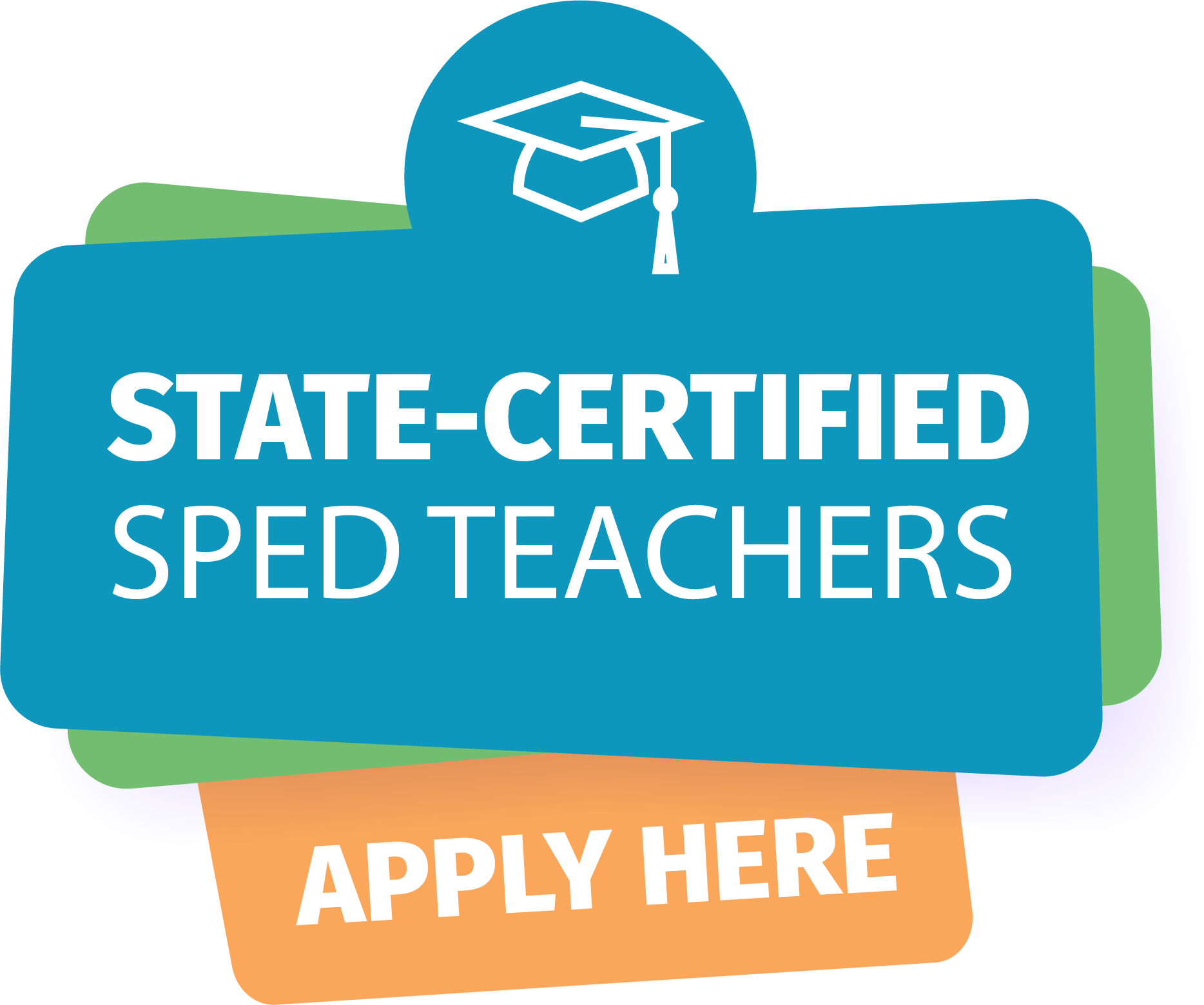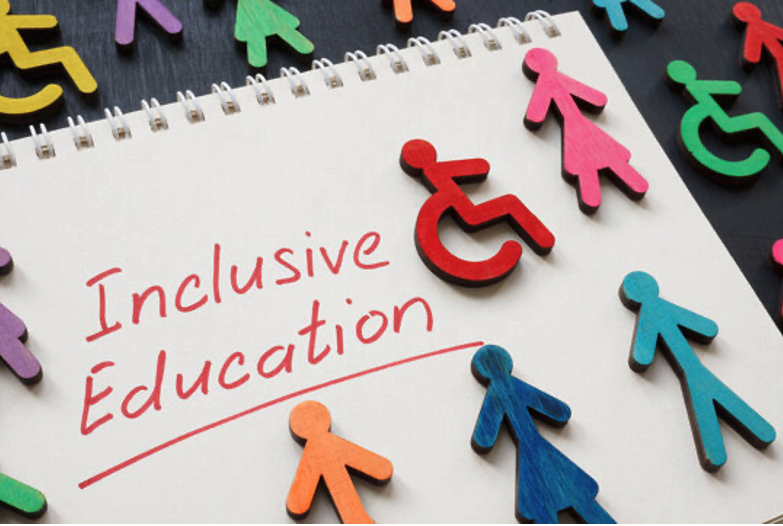What is Executive Functioning and How Can I Help My Child with Special Needs?
Happy New Year and Welcome to 2022
What Does Self-Advocacy Look Like for my Learner with Special Needs?
So, the first question to answer is what is executive functioning? Executive functioning skills are the basic functions that we use every day. These skills help us to complete tasks, learn, socialize, follow directions, find a solution, get organized, remember, and apply information. So, in other words, executive functioning skills helps the learner to plan, monitor and execute their goal to complete a task. These are the processes that require thought and force the learner to retrieve stored information. For many of our learners with special needs, executive functioning skills can be quite challenging when it comes to schoolwork, completing chores around the house or venturing out into the community.
Here are the signs to watch for if you suspect your child has difficulty with executive function. This learner may struggle with starting or finishing a task, may lose track of a sequence in the events they must complete, may lose track of time, can’t keep their stuff organized, struggle to make decisions, may lose items repeatedly, may be impulsive, and may act overly emotional at times. But never fear, many learners develop these skills over time and continue to improve through adulthood.
So now let’s talk about some practical ways that parents can help their learners develop these super important executive functioning skills.
• Establish a routine (written and/or with pictures)
• When running an errand or going to the grocery store, bring your child along and have them fetch items on your list. They can even have their own shortened list of items they need to locate (under your supervision of course). These items can be pictures or written words, depending on your child’s ability.
• Give them easy and shortened chores to complete at home. (Write the steps on a whiteboard or on paper and have them follow to the end). When they complete the chore, have a celebration. Children love praise and thrive on a job well-done.
• Play board games and memory games together.
• Use timers to help stay organized when working on tasks / homework.
• Split up tasks into shorter segments.
I hope this helps you to begin your journey on developing executive functioning skills with your learner. Remember, it takes time to learn and re-learn these skills. So, try not to look at the daily practice, but look toward the future outcome.
Related posts






